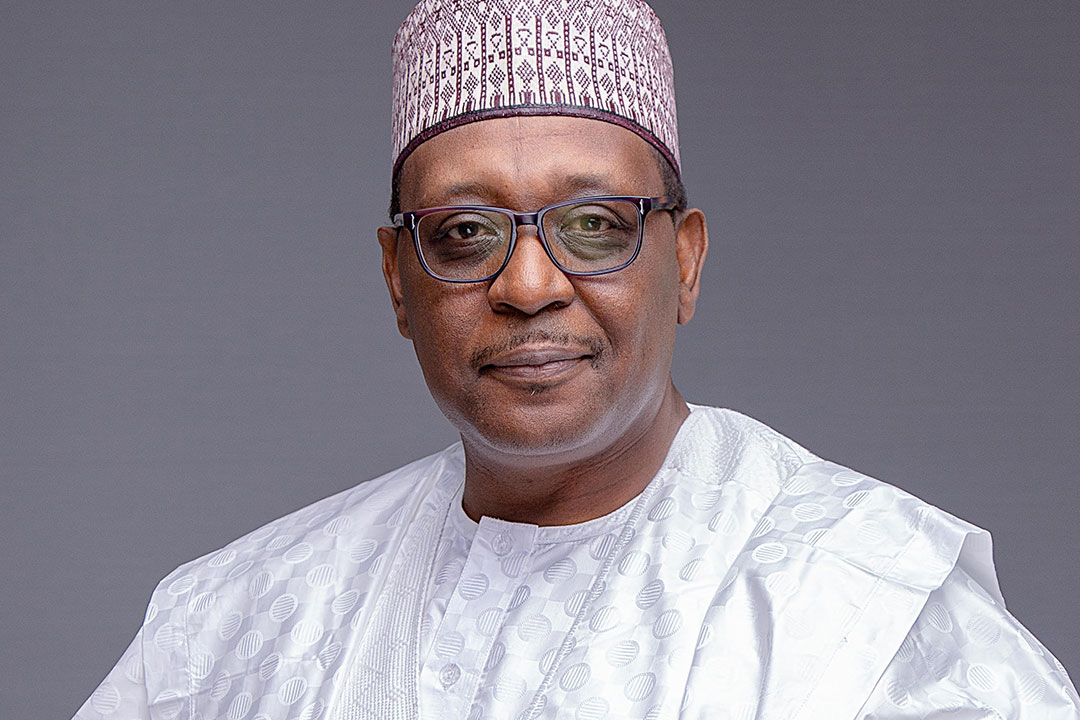
Pate made this known at a strategic retreat of the National Assembly Health Committees for the development of the legislative health agenda of the 10th National Assembly Health Committees in Abuja.
The two-day retreat organised by the Legislative Network for Universal Health Coverage in collaboration with the Federal Ministry of Health and Social Welfare, the Development Research and Projects Centre, the World Health Organisation, and other development partners is themed “Setting a legislative health agenda towards strengthening Nigeria’s primary health care system and health institutions for UHC and resilience.”
Pate, who was represented by the Director of Planning, Research and Statistics, Dr Chris Isokpunwu, noted that data is critical to knowing how to accurately and strategically budget for the population in the country.
“We want to strengthen governance, improve population health outcomes, focus on improving the economic value chain for health, as well as public health security, and all of these are all galvanised by data, because whatever decision you want to take, if you have the right kind of information and data, coming out from a quality source, then you are likely to get it right.
“The point is that the Federal Ministry of Health is the authentic and authoritative source for health data in the country. So if you want to quote health data, quote data from the Federal Ministry of Health. There are challenges of people quoting data that are not authenticated by the Federal Minister of Health, the ministry is the authority for data repository in the country.
“For example, if you know that 18 per cent of children have not received vaccination, your data would also point to where these children are, so you know how to budget, how to allocate resources and how to target interventions,” he noted.
Also speaking, the Director of dRPC, Dr Stanley Ukpai said the retreat is an opportunity for the legislators, especially in the health committees to become well acquainted with the issues in the health sector.
According to Ukpai, the retreat is a form of continuity in the transition process where knowledge is being transferred from the leadership of the last assembly to the present assembly.
“It is a good opportunity to get familiar with some of the issues in the healthcare sector. It is a buildup on the last administration.
‘This is a good example of what continuity should be, and as a launchpad for consolidating on the gains that the previous administration has achieved and begin to reduce the indices of things like maternal mortality, neonatal mortality and the rest,” Ukpai stated.
The Chair, Senate Committee on Health, Dr Ipalibo Banigo, disclosed that the core objectives of the retreat are to enlighten the principal officers of the National Assembly of the critical challenges in the health sector and the efforts towards improving health outcomes and attaining UHC.
He said the legislature plays a crucial role in ensuring national development and implementing policies.
Banigo assured that the activities of the legislative network for the UHC will strengthen the interface between the legislature, the executives, the Ministries, Departments and Agencies, health institutions, donor agencies and development partners who have health agenda as a priority.
“It will aid the legislature in the health committee to bridge knowledge gaps, improve communication and interagency collaboration in our legislative functions.
“It is against this backdrop that the joint health committees of the National Assembly is collaborating with the Federal Ministry of Health and Social Welfare with the objectives of familiarising with the principal officers of the National Assembly health committees on the status of the health sector, various pertinent issues, and challenges and how they can leverage on their statutory functions to address them; present updates on the implementation of the last legislative health agenda, highlighting progress, gaps and next steps for the health sector.
“The retreat will set a collective legislative health agenda for the health sector for the next four years, identify roles of the various health committees and other actors, establish collaboration and partnerships among the health committees and members of the executives, as well as other stakeholders to achieve the health reform objectives of the country.
“The gathering will record successful outcomes which will not be limited to the passage of to improve the budgetary allocation for health among others,” Banigo declared.





